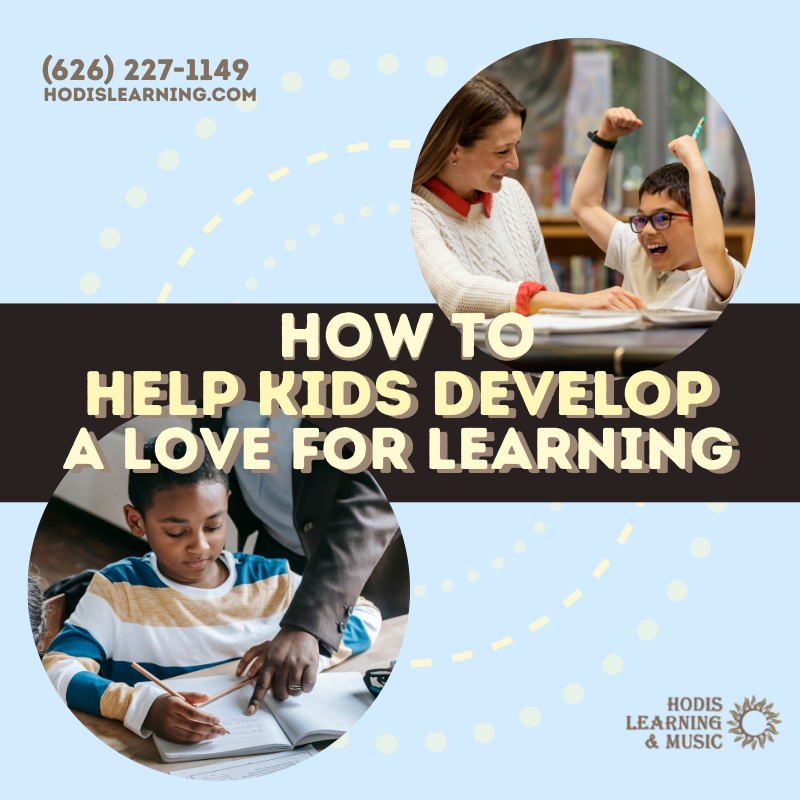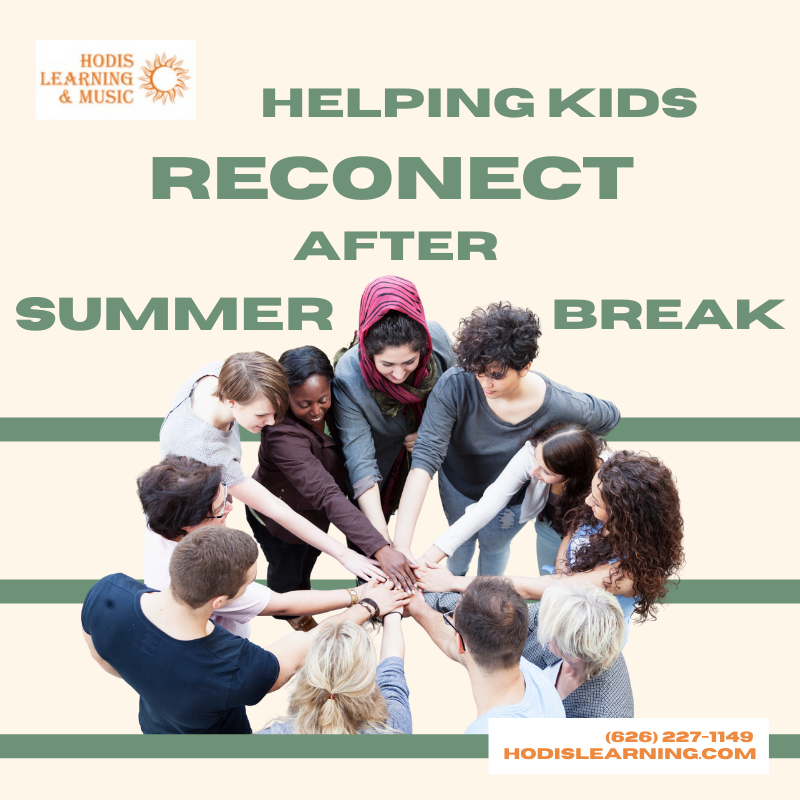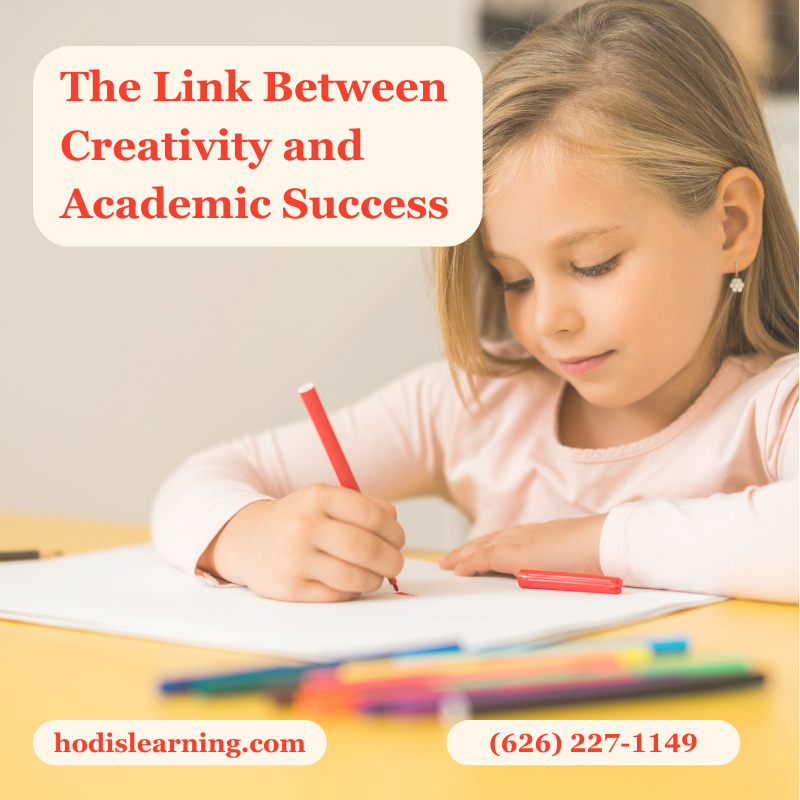Encouraging Curiosity & Learning Free From Pressure
As parents and educators, we all want children to succeed. More importantly, we want them to enjoy the process. When learning feels like a chore, motivation drops. But when curiosity is nurtured and discovery feels exciting, students become lifelong learners.
Hodis Music and Learning believes that the best kind of education is one that sparks curiosity, invites creativity, and encourages exploration without stress or pressure. Here’s how you can help your child develop a genuine love for learning in a joyful, low-pressure way.
1. Make Curiosity the Starting Point
Children are naturally curious. They ask questions, explore the world around them, and constantly wonder why and how things work. Instead of rushing to give answers, try responding with open-ended questions like:
- “What do you think?”
- “Why do you think that happens?”
- “How could we find out together?”
This encourages kids to think critically and see learning as a shared adventure, not just a right-or-wrong task.
2. Follow Their Interests
Lean into your child’s interests and foster that curiosity, whether it’s in dinosaurs, outer space, cooking, or music. Every passion can be turned into a learning opportunity. For example:
- A love of animals can lead to exploring biology or veterinary medicine.
- An interest in video games can open the door to coding.
- Cooking can spark lessons in math, chemistry, or even business.
When children learn through what they love, their engagement naturally increases.
3. Create a Low-Pressure Learning Environment
Kids learn best when they feel safe, supported, and unafraid to make mistakes. Celebrate effort and progress rather than focusing solely on grades or perfection. Try saying:
- “I love how hard you worked on this!”
- “What did you learn while doing that?”
- “It’s okay that it didn’t go perfectly. What could we try differently next time?”
This teaches kids that learning is a journey, not a race, and sometimes the best lessons are learned through setbacks or failure.
4. Make Learning Fun and Hands-On
Learning doesn’t have to look like a traditional classroom. In fact, some of the best lessons happen outside of it. Here are a few fun, everyday ways to engage your child:
- Play educational games (board games, puzzles, or apps)
- Explore nature and ask science questions
- Build something together with LEGOs, blocks, or recycled materials
- Visit museums, libraries, or attend community events
- Encourage storytelling through drawing, writing, or performing
Interactive experiences help make abstract concepts feel real and relevant.
5. Be a Role Model for Lifelong Learning
Children often emulate the attitudes and behaviors they see in adults. Show them that learning doesn’t stop at school:
- Read books in front of them
- Share something new you’ve learned
- Talk about your own challenges and how you overcame them
When kids see you enjoying learning, they’ll be more likely to do the same.
6. Partner with Supportive Educators
Sometimes, a child just needs the right guide to help them find joy in learning. At HLM, our tutors create a supportive, encouraging environment where curiosity is celebrated and learning feels exciting not overwhelming. We tailor our sessions to each child’s interests, strengths, and pace, making education both effective and enjoyable.
The Takeaway: Love for Learning Grows When It’s Nourished with Joy
With the right mindset and support, learning becomes something children want to do, not something they have to do.
Ready to help your child fall in love with learning? Call us at (626) 227-1149 or send us an email today.









